OECD says Switzerland needs to step up the fight against ‘foreign bribery’

The latest country report by the OECD’s Working Group on Bribery has found that Switzerland, while making progress, still has more to do in protecting whistle-blowers and prosecuting foreign bribery.
The report, published on TuesdayExternal link by the Paris-based Organisation for Cooperation and Development (OECD), takes stock of Switzerland’s record on tackling the issue of bribery in cross-border business transactions.
Following the previous update by the working group in 2011, this instalment – the fruit of multiple interactions between Bern and the OECD, as well as a 2017 fact-finding mission by a group from Paris – homes in on the issues of “enforcement, detection and corporate liability”.
In the period examined, the authors say, “Switzerland can pride itself on the significant rise in the number of prosecutions and convictions for foreign bribery”; the report drew particular attention to the role of the Swiss Office of the Attorney General (OAG) and the MROS, the Swiss Financial Intelligence Unit.
High-export, high-risk
However, the numbers themselves are strikingly low – in almost a decade, six natural persons and five legal persons were convicted in five cases – especially given that, as the OECD outlines, Switzerland is particularly prone to foreign corruption for various reasons.
The first is the export-driven nature of the economy. Not only is a hefty 62.9% of Swiss gross national income generated by outflows (twice that of other high-income economies; see graph), but the nature of these exports also raises “acute risks of foreign bribery”: financial transactions, pharmaceutical products, and dealings in raw materials and metals.
The large number of international organisations seated in Switzerland also presents a “specific risk of corruption”, the report says. It reminds Swiss authorities that they have jurisdiction in this area, and says that OAG representatives referred to two ongoing cases of foreign bribery concerning officials of international organisations based in the country.
Much to-do
A shopping-list of recommendations ends the report. In particular, the report says, progress could be made in protecting and incentivising whistle-blowers: both at the level of legal frameworks and public perceptions and stigma, whistle-blowers are currently strongly discouraged to speak up about wrongdoings.
+ Read how the Swiss think the country’s business managers are corrupt
Sanctions enforced by the Swiss authorities should also be made meatier. Currently they are not dissuasive enough, particularly against legal persons [e.g. companies or entities]; the statutory maximum fine of CHF5 million ($5.3 million) for legal persons convicted of foreign bribery should be raised, it says.
Convictions should also be publicized as widely as possible, the report says, to increase awareness and transparency. Collected statistics should also be gathered on all convictions, also to aid transparency; even in the context of the current report, the authors mentioned the difficulties of obtaining information from cantonal authorities (who have jurisdiction in this area), rather than one federal source.

More
Geneva probe opened into alleged oil trade corruption

In compliance with the JTI standards
More: SWI swissinfo.ch certified by the Journalism Trust Initiative
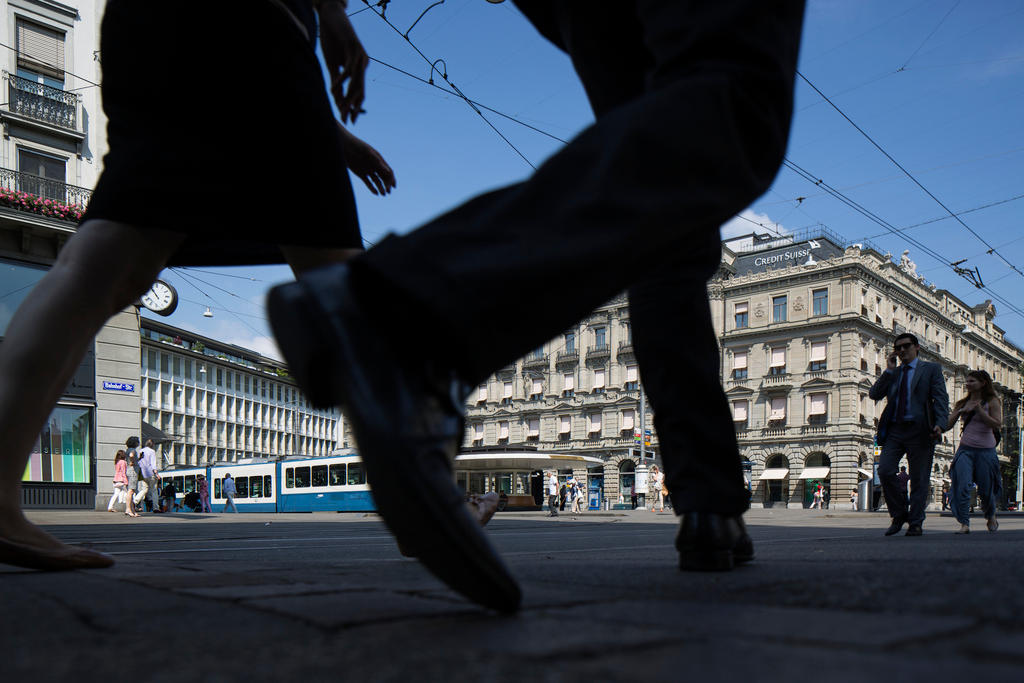
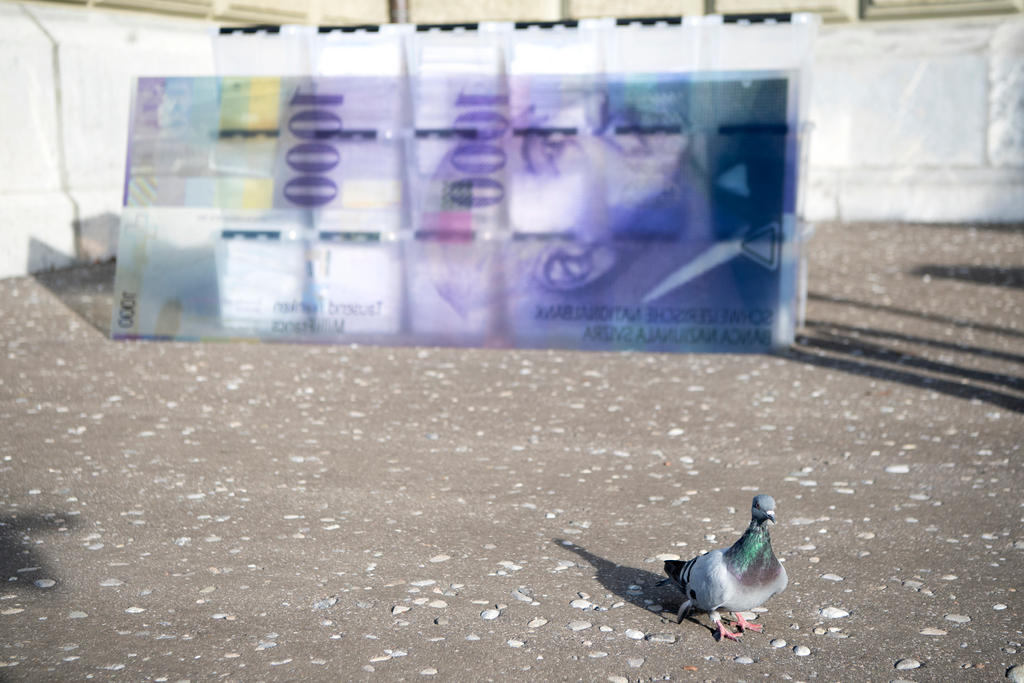
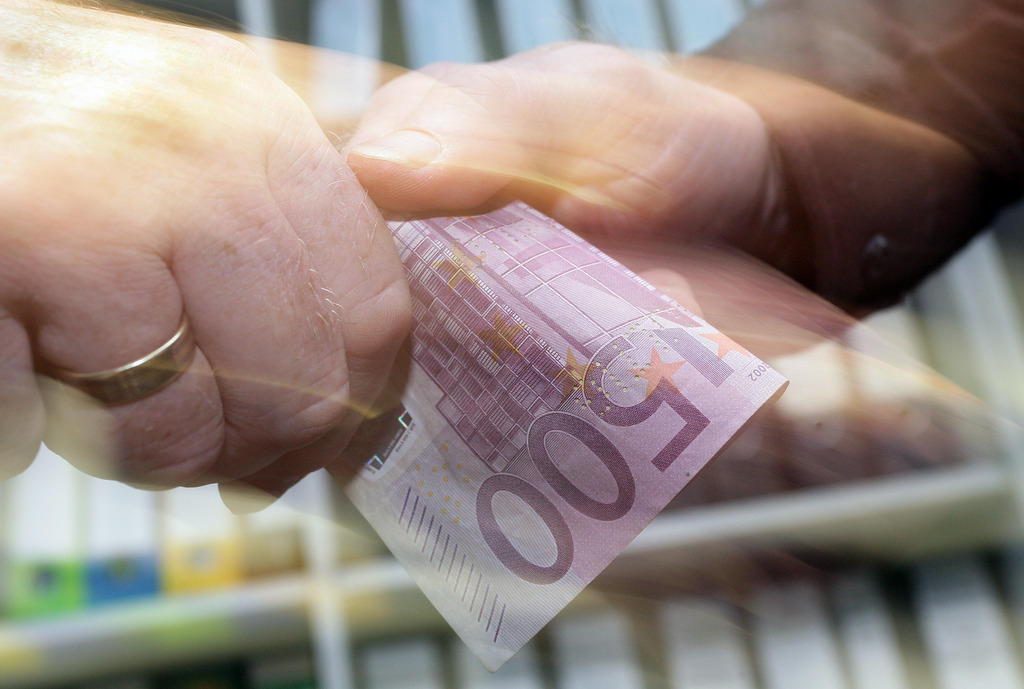
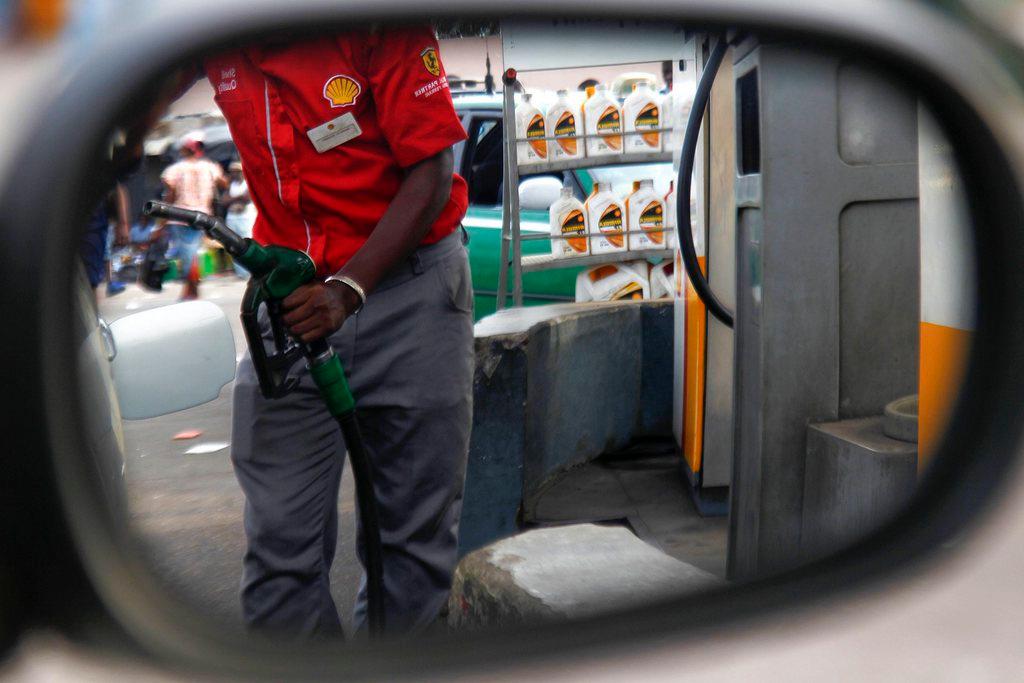
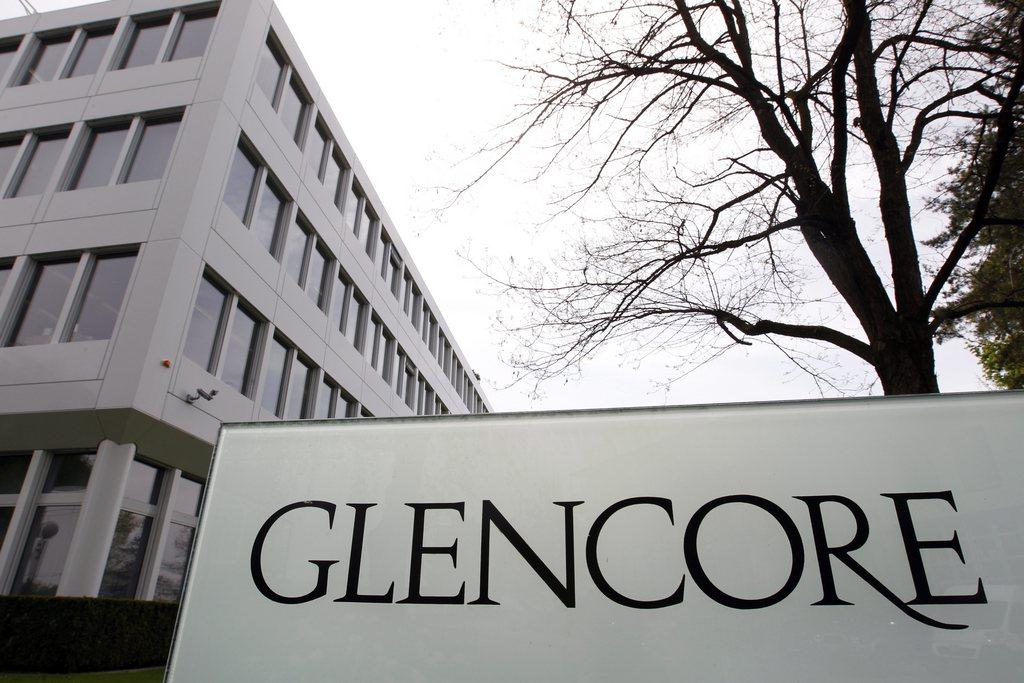

You can find an overview of ongoing debates with our journalists here. Please join us!
If you want to start a conversation about a topic raised in this article or want to report factual errors, email us at english@swissinfo.ch.